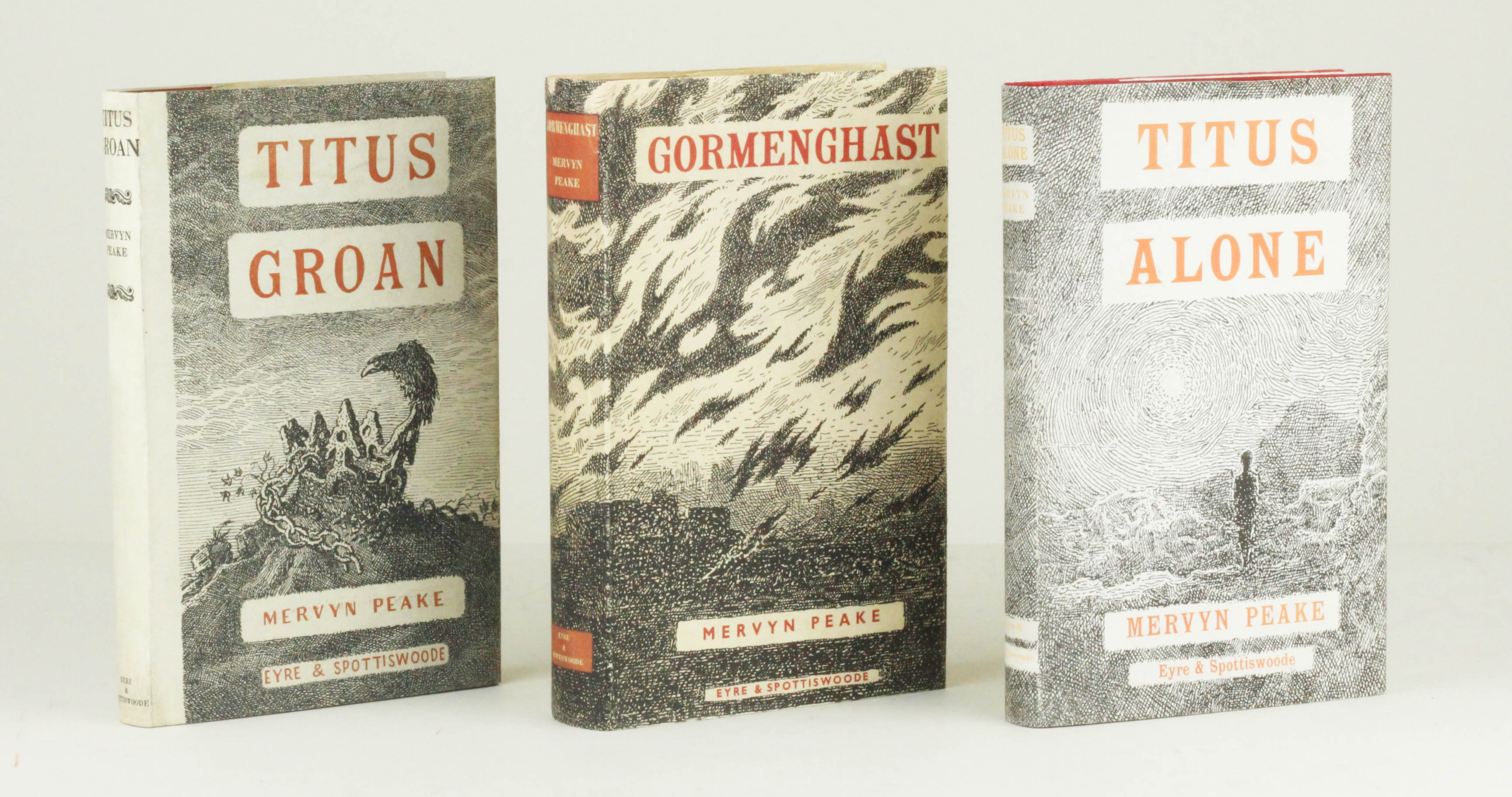
At least two other books, tentatively titled Titus Awakes and Gormenghast Revisited, were planned but Parkinson's disease and Peake's ensuing death at the age of 57 prevented him from writing more than a few hundred words and ideas for further volumes.

Peake had intended to write a series of books following Titus Groan through his life, as well as detailing his relationship with Gormenghast. A short book, Boy in Darkness (1956), tells the story of a brief adventure by the young Titus away from Gormenghast, although it does not name the castle. The series consists of three books: Titus Groan (1946), Gormenghast (1950) and Titus Alone (1959). The books have been translated into over twenty languages. Gormenghast is often credited as the first fantasy of manners novel. Literary critic Harold Bloom has praised the series as the best fantasy novels of the 20th century and one of the greatest sequences in modern world literature. The series has been included in Fantasy: The 100 Best Books, Modern Fantasy: The 100 Best Novels and 100 Must Read Fantasy Novels as one of the greatest fantasy works of the twentieth century. The series has received widespread acclaim from the speculative fiction community and mainstream literary critics.

After it was discovered by their family, it was published in 2009.Īlthough the first two instalments do not contain any overtly fantastical elements, Gormenghast is almost unanimously categorised as fantasy because of the atmosphere and pseudo-medieval setting. The book was completed by Peake's widow Maeve Gilmore in the early 1970s.

Peake was writing a fourth novel, Titus Awakes, at the time of his death in 1968. Originally conceived as a single on-going novel, the series was ended by Peake's death and comprises three novels: Titus Groan (1946), Gormenghast (1950) and Titus Alone (1959) and a novella, Boy in Darkness (1956), whose canonical status is debated. Gormenghast / ˈ ɡ ɔːr m ən ˌ ɡ ɑː s t/ is a fantasy series by British author Mervyn Peake, about the inhabitants of Castle Gormenghast, a sprawling, decaying, Gothic structure.


 0 kommentar(er)
0 kommentar(er)
